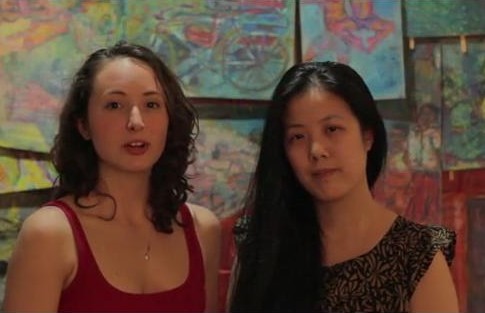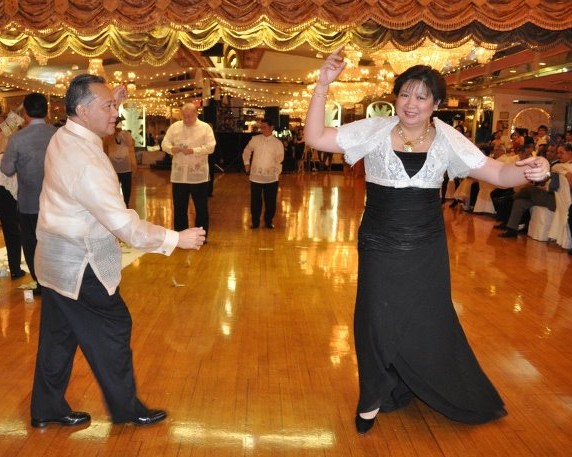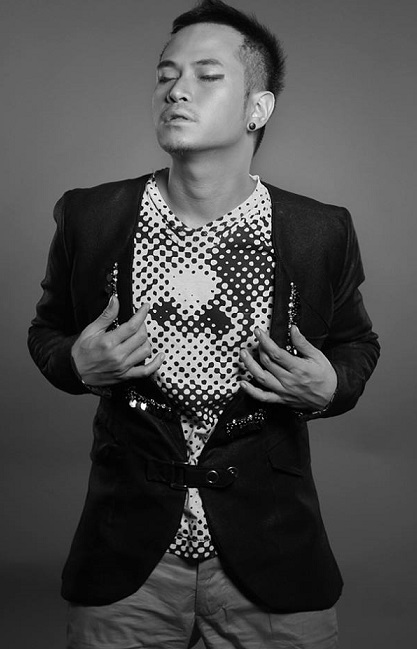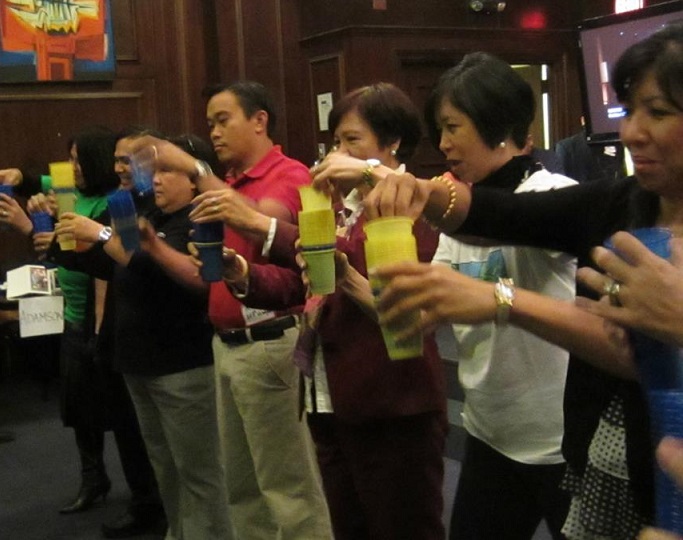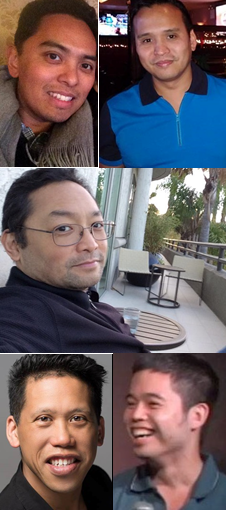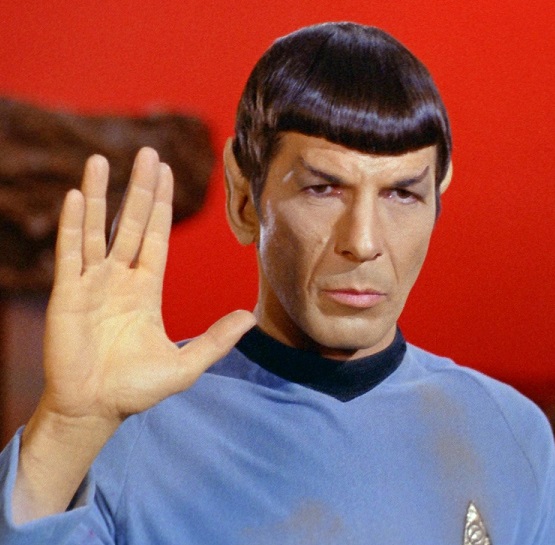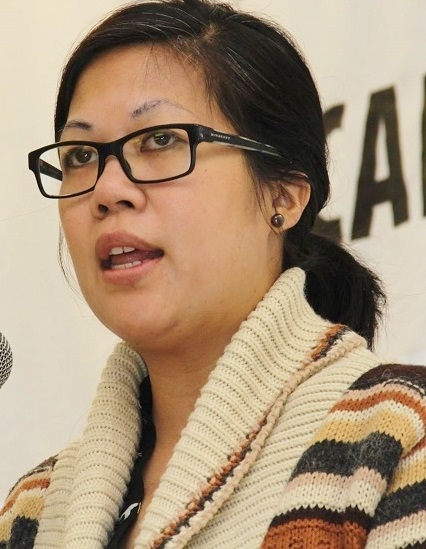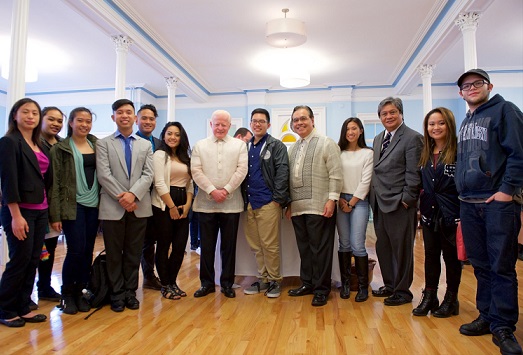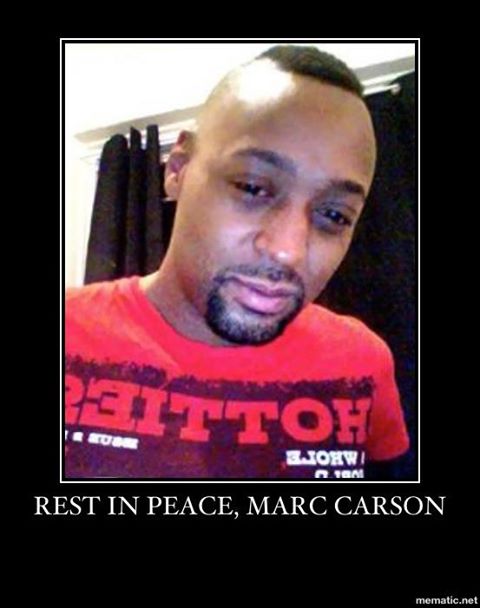‘I don’t want to feel unsafe again, don’t want to go back into the closet’ (Part 2)
By Kevin L. Nadal, Ph.D.On Thursday, May 16th, I attended a protest, in front of Madison Square Garden, right before a Knicks game. With the theme of “Queers Take Back the Night, ”over a hundred LGBTQ people and allies stood silently with signs as Knicks fans entered the arena. Some passers-by respectfully walked by, while many snickered or scoffed at our presence.
A few LGBTQ leaders spoke passionately on a megaphone, and the nonviolent group walked with their signs and flyers down 8th Avenue. For some, it was important to educate people about the string of anti-LGBT hate crimes and for others, the purpose was to reclaim the streets they once viewed as safe.
Apparently, the peaceful protest didn’t work.
On May 18th, shortly after midnight, Mark Carson, a 32-year old, gay African American man was walking with a friend in the West Village, when a group of men began to verbally harass them with homophobic taunts. One of the men followed the pair and shot Mark Carson in the face; he died shortly after.
Less than 24 hours later, I attended a candlelight vigil in honor of Mr. Carson, located right where he was killed. Several hundred people were in attendance, and I heard the phrase “It could have been any of us” throughout the night. On Monday night, a more organized rally was held to honor Mr. Carson. While I personally could not attend, I was there in spirit with the thousands of people who marched in the West Village and held signs that read “Stop the Hate!” and “Marriage means nothing if we are being gunned down.” Leaders of the LGBTQ community, politicians, and even members of Mr. Carson’s family spoke.
Sadly, this protest didn’t work either.
A few hours later in the East Village, a gay man was attacked after disclosing to an acquaintance that he was gay. A few more hours later in Soho, a gay Latino couple was the verbal target of anti-gay slurs, right before they were physically assaulted. These last two incidents bring the total number to seven anti-gay hate crimes in a span of 20 days. Perhaps we need to do more than just protest and rally.
Some members of the LGBTQ community want to fight back, by taking self-defense classes or arming themselves. Others want more police presence in LGBTQ neighborhoods, and others want to organize “safety by numbers” programs. While I can see some merit in some of these responses, my recommendation is simple: 1) Talk about these issues, 2) Don’t assume, and 3) Take a stand.
We have to start talking to our family members, friends, and acquaintances about what is happening. Post on your Facebook and Twitter pages. Send emails to listserves across the country, but also to your personal networks. While there is some coverage on mainstream news sources, most people are unaware of what is happening. Tell people about what happened to Mark Carson, so that his death is not in vain. It is way too common for LGBTQ people (particularly transgender people and LGBTQ people of color) to be victims of heinous crimes and for their names to be forgotten. I will not forget Sakia Gunn, Stephen Lopez Mercado, or Lorena Escalera, and we cannot forget Mark Carson either.
Secondly, don’t assume anything. In the past couple of weeks, I have had lots of conversations with friends who say things like “Things like this don’t happen in New York.” But, they do. It is quite common for my boyfriend and I to hear homophobic slurs as we walk down the streets of Manhattan. It wasn’t too long ago that a man in Hells Kitchen shoved me and called me a “faggot” as I walked by holding my boyfriend’s hand. Luckily nothing else happened, and after these past few weeks’ events, I am thankful that nothing did.
I’ve also had a lot of conversations with friends who say things like “I don’t think I know any homophobic people.” When I ask if they’ve talked about homophobia with their brothers, cousins, or friends directly, the common response is “No.” Of course we don’t want to believe that anyone in our lives is homophobic (or racist, sexist, etc.), but unless we talk about their views directly, we really don’t know.
When perpetrators of school shootings or serial killings are arrested, most people claim that they didn’t know the person was hateful, sociopathic, or mentally ill. When a person commits suicide, a lot of people will say they didn’t know the person was depressed or suicidal. And this is why we need to ask.
Finally, take a stand. Tell people that homophobia and transphobia is unacceptable. When people use biased language like “That’s So Gay” or “No Homo,” point out how those words are wrong and hurtful. When we allow these microaggressive, anti-LGBTQ behaviors to continue, we create an environment where people believe it is acceptable to hate or discriminate against LGBTQ people. And if these hateful environments persist, the violence will continue.
I share all of this with you because I don’t want to be afraid to hold my boyfriend’s hand in public. I don’t want to feel unsafe again. I don’t want to live my life in fear. And I don’t want to go back into the closet.
But I need your help.
Dr. Kevin Nadal is an associate professor at John Jay College of Criminal Justice. His second book, “That’s So Gay: Microaggressions and the LGBT Community,” was published in February.

